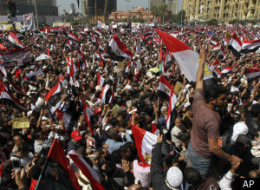The Expat Insider 2017 survey is out. The results for India are not flattering. Expats have ranked India among the 10 worst countries to live in. India secured the 57th position among 65 countries surveyed. Bahrain is the topmost destination for expats and ranks first. Interestingly, US ranks 43rd.
The Times of India dedicated space to this news today and for a change the publication decided to focus on the reasons behind the low ranking.
The primary reasons are:
- Lack of work life balance
- Lack of quality healthcare
- Lack of quality education
- Concerns of safety
- Gender Insensitivity
- Environmental Pollution
Some of the findings can be debated, especially the ones related to healthcare and education. But expats more often than not, bring their own experience as a frame of reference in evaluating standards in another country. Given that tendency we can maybe overlook that. Also the credibility of InterNations as an organization to reliably conduct such a survey needs to be examined as well, especially for research rigor.
But those are not the issues. The issue here is how surveys are now everywhere on everything under the sun. As all marketers would agree, it is one of the most popular tools to grab eyeballs, spark off a conversation and initiate a debate. Media loves it - especially online newsrooms - because the format works well with such content. What results is the shaping of perception - in this case the perception of nearly 188 countries.
What I like about the findings of the above survey is that in the context of India, it can possibly make us introspect a little bit. There's a long way to go and there are real issues that the country needs to address. Brings me back to a question I repeatedly raise in this blog:
- Can soft power make up for the lack of progress on fundamental issues?
- Also, is soft power, in fact a by product of power and development itself? Do we give it more importance than it deserves?
There is merit in looking at the Expat Survey above in the context of an HSBC Survey published earlier this year which found that expats in India are among the highest paid in the world. Despite the high salaries and compensation, the environment in which they live made the Indian expats rate the country low in terms of experience. True - money isn't everything!




